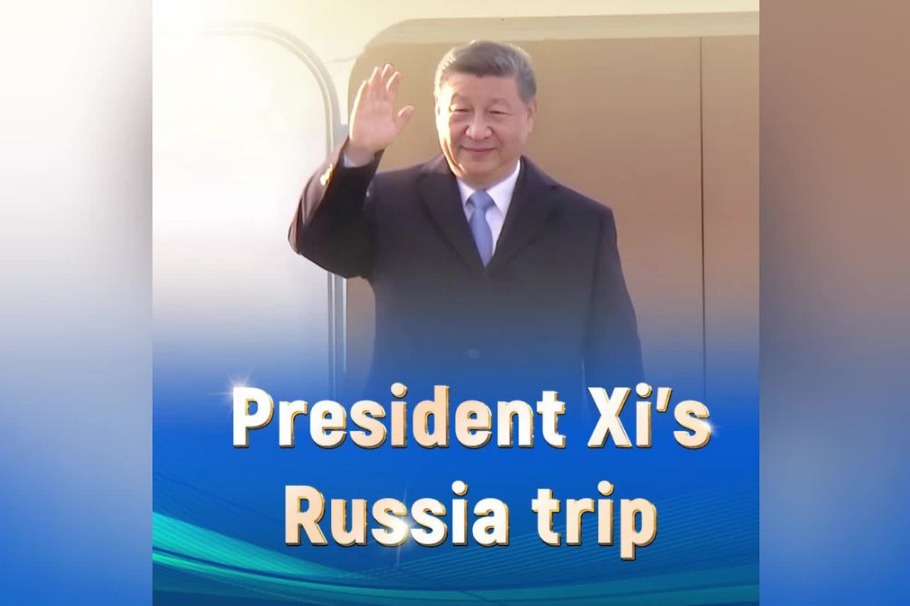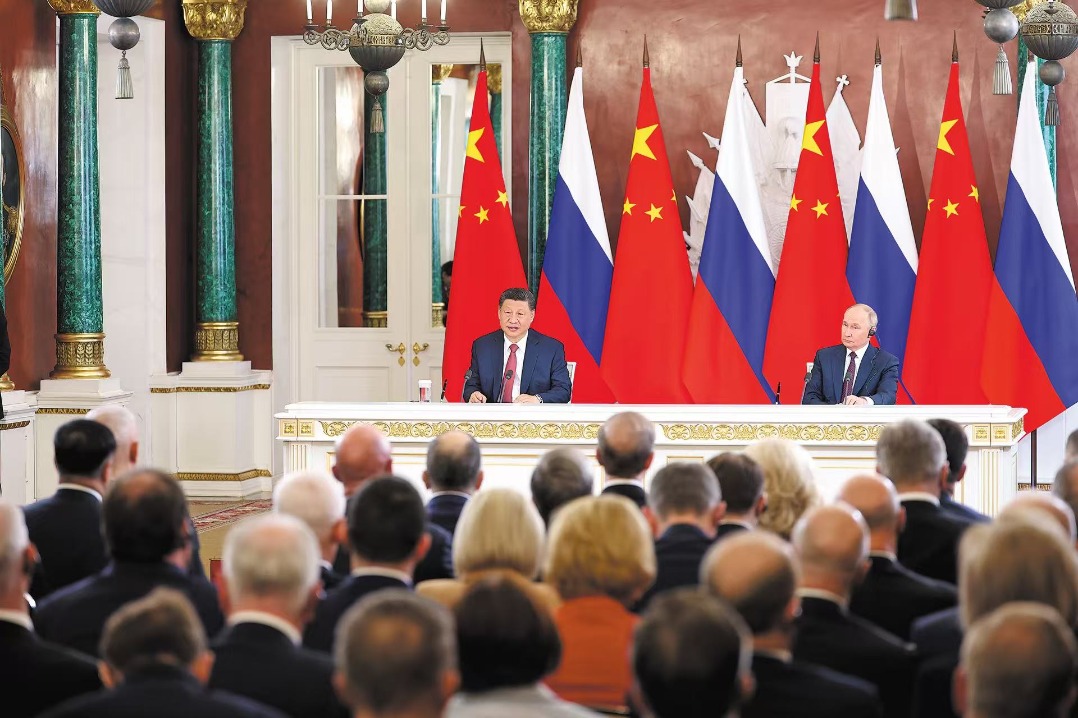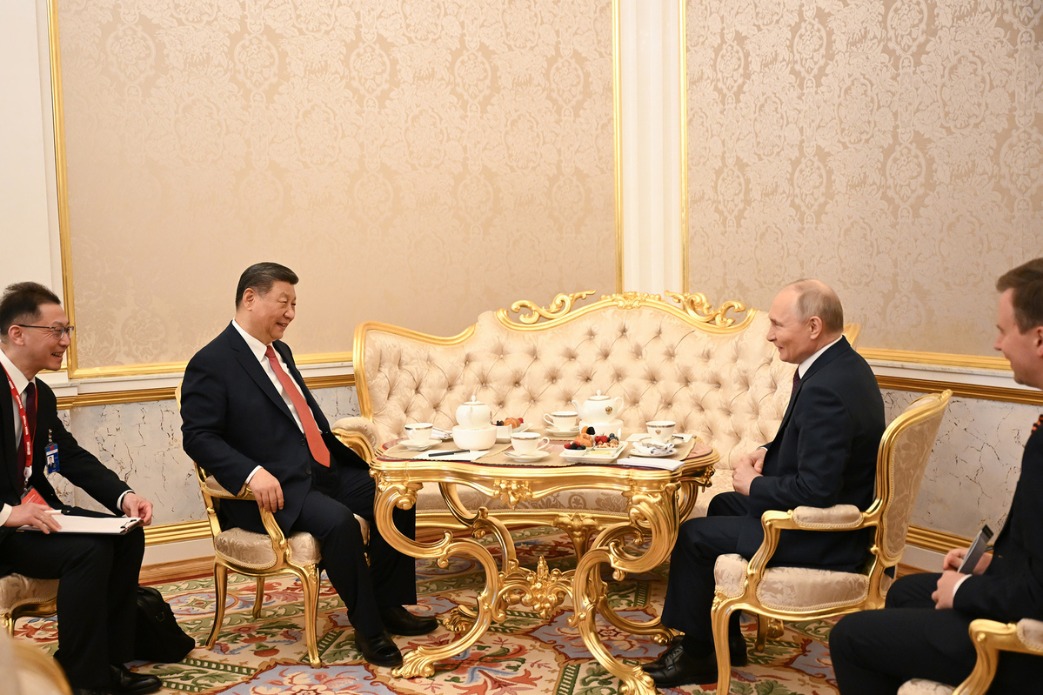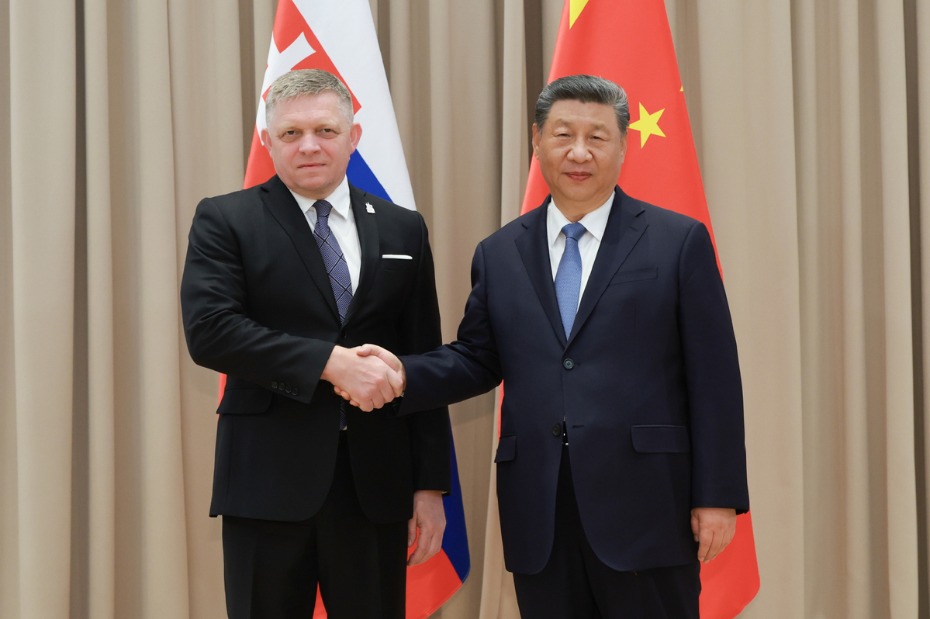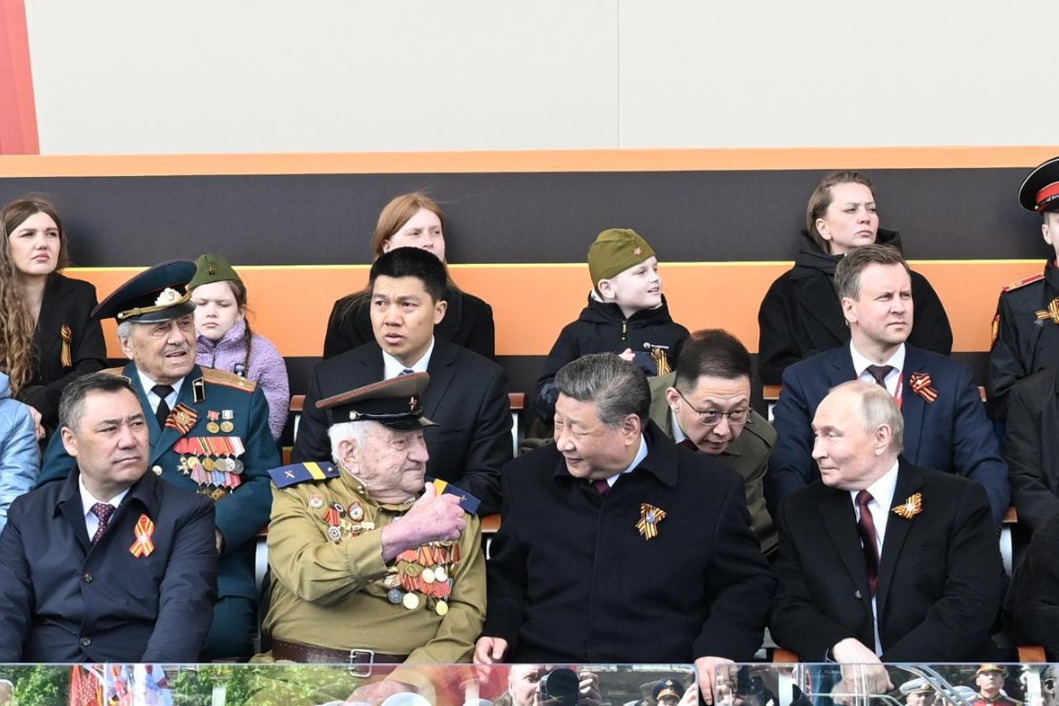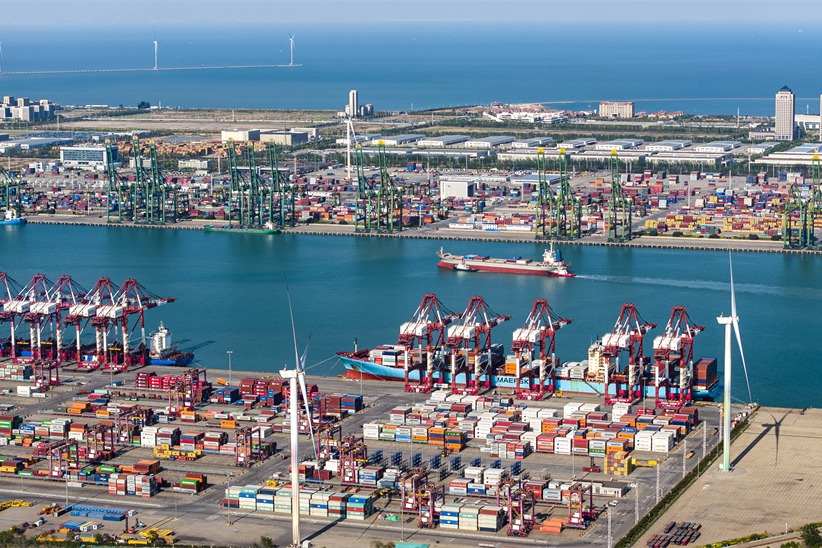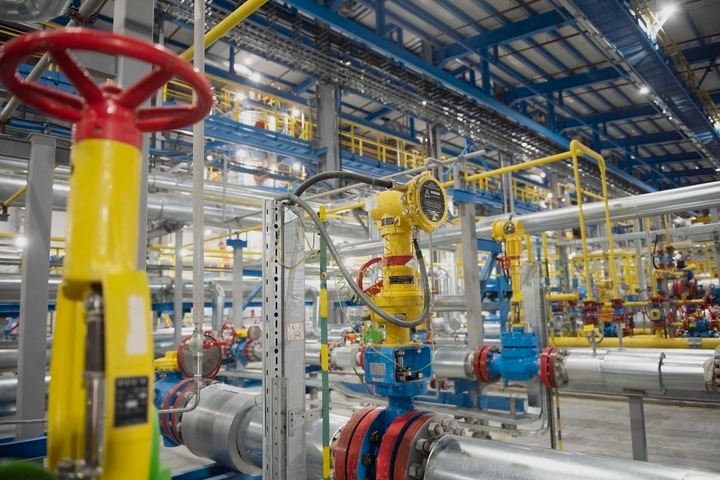Watching China's year for history

Form is substance
November: The "state visit-plus" of US President Donald Trump came at a delicate moment. Amid pomp and pageantry, including a personal tour of the Palace Museum (Forbidden City), $253 billion in business deals were signed, a world record, though critics complained it was all transactional, nothing structural. The number, some said, was more form than substance, but here, perhaps, form was substance. Both Xi and Trump hailed the visit as "successful and historic".
Yet, on sensitive topics, one could be forgiven for seeing sunlight between their positions. On trade, Xi lauded the business deals and market access, "which will deliver great benefits for the two peoples". Trump sought improved trade with China based on "a level playing field for our workers" and solving the "massive trade distortion"-which, characteristically, Trump blamed on past US administrations, not on China.
On the Democratic People's Republic of Korea, Xi reiterated China's firm commitment for a denuclearized Korean Peninsula and direct communications, while Trump said that they "agreed not to replicate failed approaches of the past" and he called for "increased economic pressure until North Korea abandons its reckless and dangerous path".
Subsequent to Trump's visit, China announced revised regulations that were indeed structural. China will reduce or eliminate (over time) limits on foreign ownership of financial services sectors, including insurance, commercial banking, securities, futures, and asset management.
Significantly, the State Council, China's Cabinet, established a Financial Stability and Development Committee to oversee financial stability and boost risk prevention (including close monitoring of "shadow banking" and corporate debt). This new supra-ministry commission will be empowered to make decisions related to reform and development, coordinate issues concerning monetary policy, and establish financial policies and related fiscal and industrial policies, thus improving the financial regulatory system.
At the Asia-Pacific Economic Cooperation Leaders' Meeting in Vietnam, Xi strengthened his themes of making economic globalization more open, balanced and inclusive; lauded regional multilateralism for promoting common interests; and stressed the Belt and Road Initiative for advancing global connectivity.
What struck me in Xi's speech was what he inserted about poverty: "To lift all the remaining poor people out of poverty is a solemn commitment made by the Chinese government to the people. It is uppermost in my mind, and I have spent more energy on poverty alleviation than on anything else."
"Upper most in my mind?""More energy on poverty alleviation than on anything else?" An extraordinary statement from the president! Although Xi has been making high-profile visits to numerous poor counties and villages, relentlessly championing "targeted poverty alleviation" for realizing the "moderately prosperous society", this was his clearest statement that poverty alleviation is his highest priority.
Today's Top News
- Chinese vice-premier: talks with US side candid, in-depth and constructive
- Pioneering university cultivating top-tier talent in AI
- More policy steps to stabilize growth
- China ready to play constructive role in Pakistan-India ceasefire efforts, says FM
- Xi to attend opening ceremony of fourth ministerial meeting of China-CELAC Forum
- Explosions heard in Indian-controlled Kashmir hours after ceasefire

















